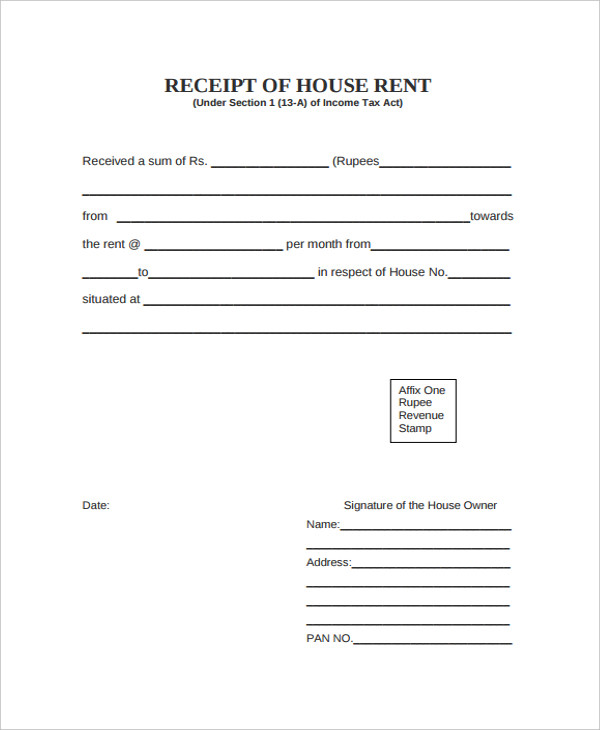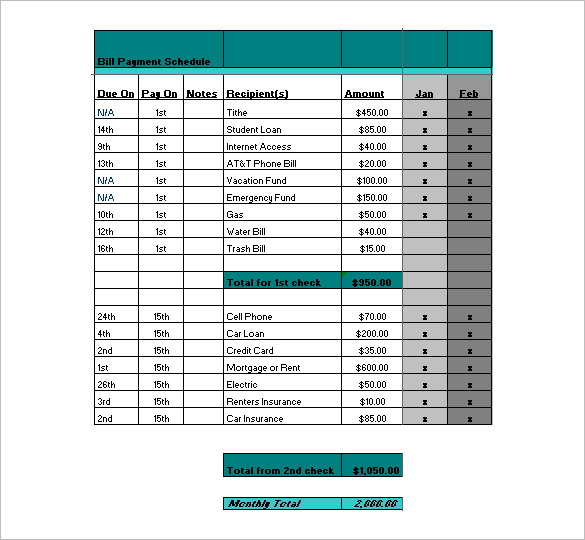


Some landlords expect the first and last month’s rent up front and rental insurance. What are the additional costs of moving in? To see how much rent you can afford, try RentLingo’s How Much Rent Can I Afford calculator.ģ. Make sure to include your utilities and wifi into your budgeting and note that utilities can change very drastically from climate to climate. If you spend more, it’s going to make the rest of your budgeting much more difficult. The ideal ratio of rent to income is 25-30% of your monthly income. How much is rent going to cost you? How much is the security deposit? How much will the utilities add? Which utilities do you need to pay for? Expect to spend $150-200 on food if you plan to eat more than just beans, potatoes and top ramen for every meal.Ģ. Identify how much you make each month and incorporate how much money you expect to spend on food, fun, and unexpected expenses. This is a very serious question and can make or break the comfortability of your lifestyle. These questions may seem basic, but for the first time renter, they are absolutely crucial.

Select the topic below to skip to the section you need, or read all the way through. To help make your independence a bit easier, here’s a list of questions and terms that are first apartment essentials to finding a comfortable new place and understanding what goes into renting an apartment. Whether if it’s moving off of campus (and away from meal plans) to an apartment in town, or just moving out of the parent’s house for the first time, there’s a lot going on and a lot of new information to consider. "Tenants cannot afford to live with the fear of unfair and illegal evictions and skyrocketing rents and Ontario cannot afford this problem," she said.Moving out for the first time can be a very intimidating task. Vacancy decontrol allows landlords to raise the rent without limit when a unit becomes vacant, and according to the NDP, it creates an incentive for landlords to evict tenants. Karpoche said vacancy decontrol, which is in place in Ontario, has contributed to the province's housing crisis. The aim of the registry would be to prevent rent gouging by landlords, she said. The bill would also require the Landlord and Tenant Board to establish a rent registry that would require landlords to disclose information. The legislation, she says.would create new rules for rent that a landlord can charge to a new tenant. Karpoche said the bill, which would amend the Residential Tenancies Act, would end the incentive for illegal evictions, such as renovictions, which occur when landlords evict tenants illegitimately by saying they need to do renovations or repairs. They introduced the same bill in 2021, along with Joel Harden, an NDP MPP who represents Ottawa Centre, but it didn't get past second reading. Ontario should limit rent hikes between tenants, Toronto city hall committee saysīhutila Karpoche, who represents Toronto's Parkdale-High Park, and Terence Kernaghan, who represents London North Centre, joined Bell at the news conference.She said the bill would create rules for what the party calls "lawful rent" for new tenants. The Ontario NDP is proposing that rent increases be tied to residential units instead of tenants. She said Toronto, in particular, has become too expensive for the people who work in the city. Bell said the province has an estimated 1.4 million renter households and many tenants are spending more than 30 per cent of their income on rent. The provincial residential rent increase guideline for 2023 is 2.5 per cent, but that guideline doesn't apply to residential units that have been vacated. We have a terrible affordable housing crisis across Ontario." "We want to ensure that everyone in Ontario lives in a safe and affordable home that meets their needs," Bell said.

Jessica Bell, who represents University-Rosedale in Toronto, told reporters at Queen's Park on Wednesday that the private member's bill would help to stabilize rents in Ontario at a time when they are skyrocketing. Ontario NDP MPPs say they plan to reintroduce a bill that would prevent landlords from raising the rent for new tenants beyond the guideline set by the province and ensure new tenants pay what the last renters paid.


 0 kommentar(er)
0 kommentar(er)
